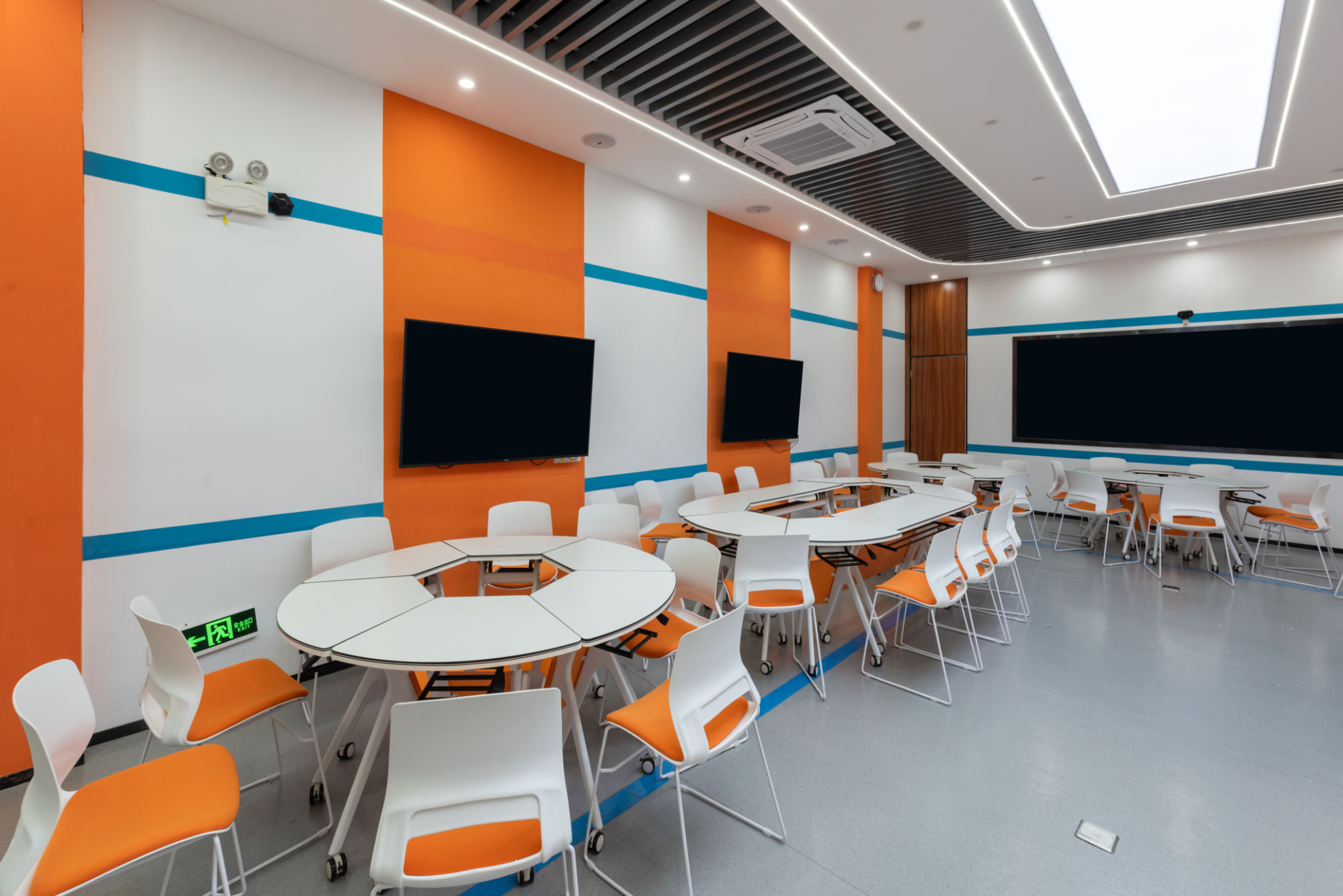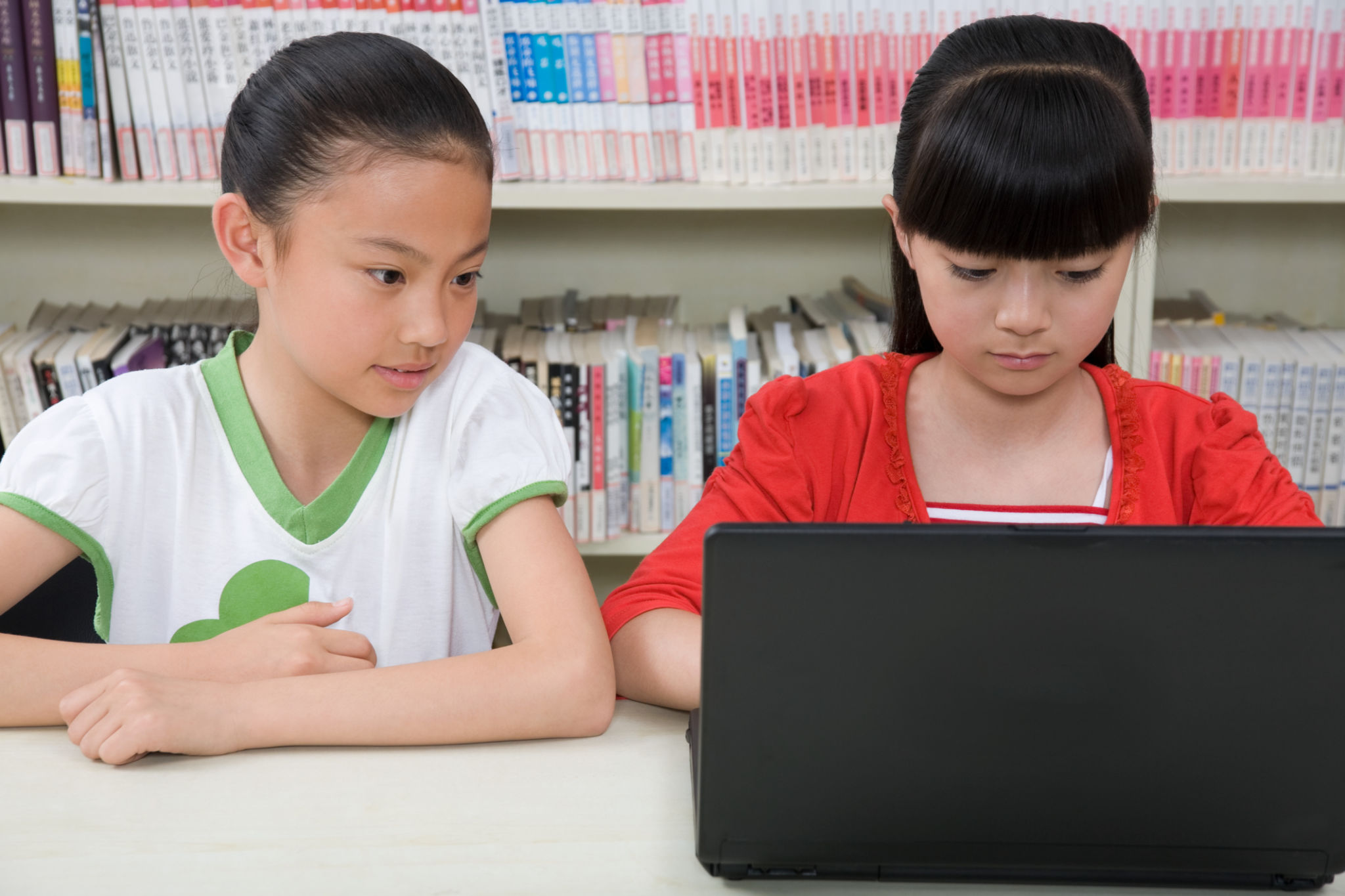Educational Psychology Trends: What Educators Need to Know
Understanding the Importance of Educational Psychology
Educational psychology plays a crucial role in shaping the way educators approach teaching and learning. As the landscape of education continues to evolve, understanding the psychological principles that underpin learning can help educators create more effective and inclusive learning environments. By staying informed about current trends in educational psychology, educators can better address the diverse needs of their students.

Emphasizing Social-Emotional Learning
Social-emotional learning (SEL) has gained significant attention in recent years as educators recognize its impact on student success. SEL focuses on developing students' emotional intelligence, self-awareness, and interpersonal skills. By integrating SEL into the curriculum, educators can help students build resilience, develop empathy, and improve their ability to manage emotions.
Research indicates that incorporating SEL into classrooms can lead to improved academic outcomes and reduced behavioral issues. Schools are increasingly adopting SEL frameworks to create supportive learning environments that foster both academic and personal growth.
Personalized Learning Approaches
Personalized learning is another trend reshaping educational psychology. This approach tailors educational experiences to meet individual student needs, preferences, and learning paces. Technology plays a pivotal role in personalized learning, with adaptive learning platforms and data analytics providing insights into student performance.

By leveraging these tools, educators can create customized learning paths that enhance student engagement and promote mastery of subjects. Personalized learning empowers students to take ownership of their education, encouraging deeper understanding and retention of knowledge.
The Role of Technology in Education
The integration of technology in education continues to transform how students learn and interact with content. Educational psychology trends highlight the importance of using technology to enhance learning experiences. From virtual reality simulations to interactive e-books, technology offers diverse tools to engage students and accommodate various learning styles.
Educators are encouraged to stay updated on technological advancements and consider how these innovations can be effectively integrated into their teaching strategies. This not only prepares students for a digital future but also enriches their educational journey.

Focus on Growth Mindset
The concept of a growth mindset, popularized by psychologist Carol Dweck, emphasizes the belief that abilities and intelligence can be developed through dedication and hard work. Encouraging a growth mindset in students can lead to increased motivation, resilience, and a willingness to embrace challenges.
Educators can foster a growth mindset by praising effort rather than innate ability and encouraging students to view failures as opportunities for growth. This approach helps build a culture of continuous improvement and lifelong learning.
Addressing Diverse Learning Needs
Educational psychology also highlights the need for inclusive education practices that address diverse learning needs. Differentiated instruction, which involves adapting teaching methods to accommodate different learning styles and abilities, is an essential strategy.

By recognizing and valuing the unique strengths and challenges of each student, educators can create equitable learning opportunities. This not only supports academic success but also promotes a sense of belonging and acceptance within the classroom community.
Conclusion
As educational psychology continues to evolve, educators must stay informed about emerging trends and strategies. By embracing social-emotional learning, personalized approaches, technology integration, growth mindset cultivation, and inclusive practices, educators can enhance their teaching effectiveness and positively impact student outcomes. Staying updated with these trends ensures that educators are well-equipped to meet the ever-changing needs of their students.